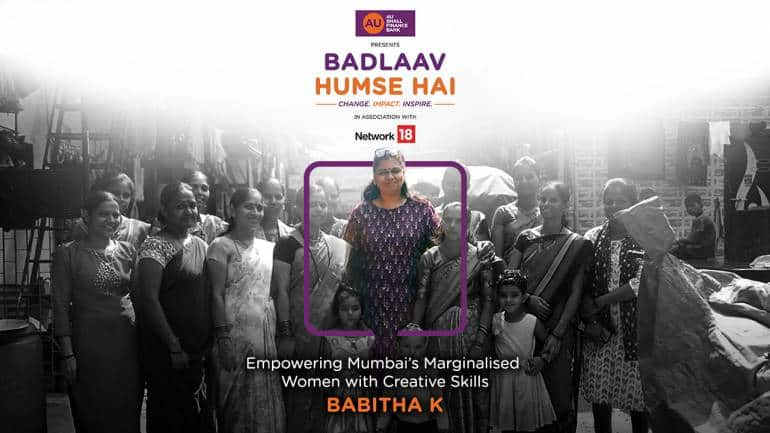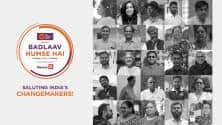
For many of us, the pandemic brought home the realities of how much work it takes to run our homes. For the first time in years, we found ourselves regularly cooking every meal, cleaning our homes, and attending to all the little tasks necessary to keep our households running smoothly. To add to the challenge, we were doing all this while working from home, with our days stretching far into the evenings. It was indeed hard work.
As difficult as that sounds, life was infinitely harder for those who lost their jobs. Remember, this was a time when no one knew when the lockdowns would end, and when (and if) the world would go back to normal again.
The COVID-19 pandemic wreaked havoc on India's workforce, particularly impacting women, whose participation dwindled from 19% to 9%. Among the hardest hit were the house helps, often marginalized and overlooked. Their incomes had stopped, but their expenses hadn't.
In this time of need, Babitha K saw an opportunity to make a difference. She began sharing her passion for art and craft with her house help, igniting the spark that would lead to the creation of Bano Kaabil: an initiative that is run by women, for women, and with women. This is an initiative that empowers these women to create alternate earning streams by imparting skills in modern handicrafts like macramé, crochet, and concrete crafting.
Setting up a small workshop within the slum itself, Babitha provided raw materials and guidance to women eager to learn. From macramé wall hangings to plant hangers, Bano Kaabil's range of home decor products found their way into the market through social media platforms like Instagram and Facebook, as well as their own website. With each knot tied and each creation crafted, the women's confidence soared, and with this new found confidence came the ability to make important decisions even within their own households.
Today, Bano Kaabil has trained over 175 women, and its expansion plans include three new workshops in three different slums of Mumbai by 2025. Babitha's vision is one where every woman has the opportunity to achieve her potential and earn a livelihood that is all of her own making.
Babitha's initiative is proof that we all have latent talents. That you don't need money to make art. That you don't need a degree, or even an education, to become an entrepreneur. Through her positive attitude and commitment to making a real difference in women's lives, Babitha is weaving a brighter future for the women of Mumbai slums, inspiring us all to be agents of change.
To honor stories like Babitha K and Bano Kaabil, AU Small Finance Bank presents Badlaav Humse Hai Season 2, in association with Network18. Just like the first season, Season 2 celebrates 25 stories that showcase changemakers whose unsung work has helped carve out cultural identities for communities, lifted them out of poverty; created access where only barriers existed; shown communities how to work with nature to create true sustainability; changed hearts and minds about othered communities; changed the lives of many through economic, social or educational empowerment, and much, much more.
Watch Season 2 of Badlaav Humse Hai for more stories like this one. You may also catch up on all the wonderful stories from Season 1.
Moneycontrol Journalists were not involved in the creation of the article.


